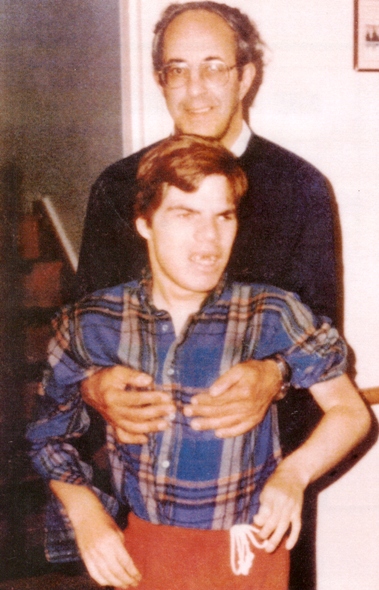Reading: The Path of Living and Dying (p 119-155)
For the complete reading schedule and instructions on how to submit and reply to comments, click on the Reading Schedule link in the bar immediately below the photo.
Thanks for joining us on what has proved to be a wonderful and spirit-filled journey! We have all been greatly blessed by Henri’s words and the heartfelt and inspiring sharing among our community. This week Henri challenges us to look ahead to our death at the end of our earthly journey–“our final passage, our exodus to the full realization of our identity as God’s beloved children and to full communion with the God of love.” (p 155)
Henri tells the story of his life-threatening and, much more important, life-changing experience after being hit by a car. “(I)n the midst of my confusion and shock I became calm, very “at rest” and there was a sort of “embrace of God” that reassured me and gently told me, ‘Don’t be afraid. You are safe. I am going to bring you home. You belong to me and, and I belong to you.'” (p 121) He goes on to say he “became aware of some of (his) life’s unfinished business” and describes his belief that he had “been given a gift of extended time to live my life more fully and to better prepare (himself) for his death”; Henri concludes, “I was deeply convinced in my heart that what I had experienced changed forever how I would live in the world.”
Haven’t we all had life-changing experiences, if not life-threatening ones? Don’t we all have “life’s unfinished business” to address? And who among us doesn’t long to feel the embrace of God and to be told “Don’t be afraid”? There is so much in this essay to assist us in reflecting on how we can respond to those events and tackle the unfinished business so we can live a life of fruitfulness that will allow us to experience a beautiful death like that of Henri’s friends who say, “I’m going to die. I’ve had a beautiful life, and I’m grateful. I give myself over to God and I want you to remember me.” (p 145) However Henri reminds us that experiencing a beautiful death is almost impossible to do alone, hence Henri’s emphasis throughout his writing on the importance of community. “We need other people whispering in our ears, ‘Don’t be afraid to die, because even when you die, you will stay with us in a very deep way.'” (p 146)
Henri delivered the presentation and gave the interview that were the source of this essay about a year before his unexpected death. He said then, “At sixty-three, I am very aware that for me it is just a question of years, a few years. I sense that my aging is a time for me to be thinking about my passage to more abundant life. I want to become grateful that my life will come to completion and to anticipate sending my spirit of love to all those I cherish… I want to befriend my death.” (p 154). We that read and share his words are the recipients of his legacy and fruitful death; we are called to do as Henri did, to follow the path of Jesus during our lifetime. Henri writes, “He calls to us, ‘Follow me.’ He assures us, ‘Do not be afraid.’ This is our faith.”
There are no specific “starter questions” for this week. Our community has been together for some time now and the online discussion has been rich, inspiring, and fruitful. You are encouraged to comment on anything that touched you in the essay, in this post, or to share your personal experiences. We look forward to hearing from many of you as we also thank those of you that our following along in silence.
May the Lord give you peace.

